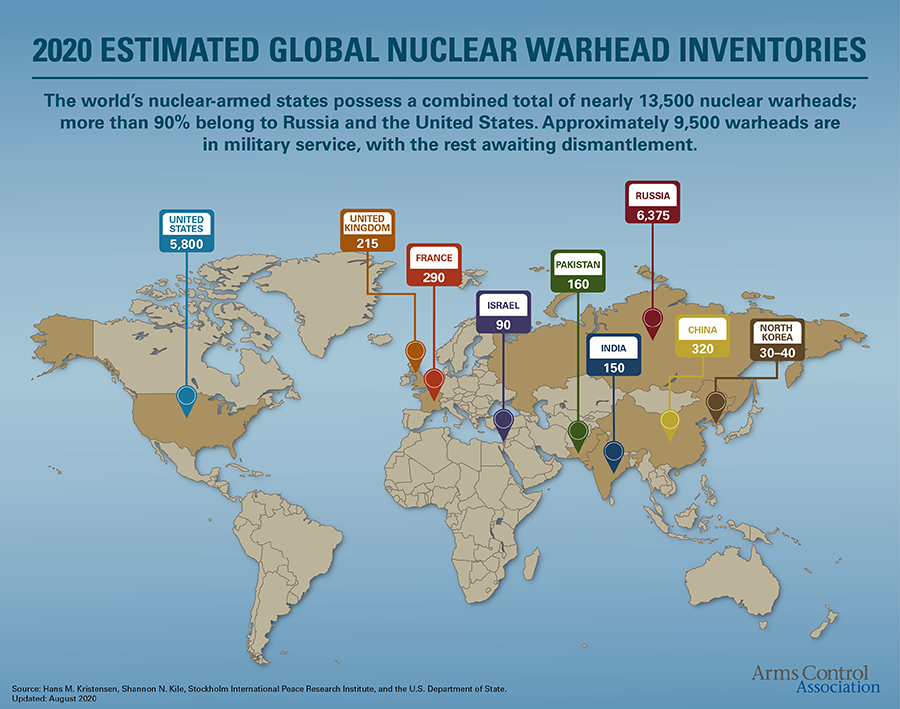Case study – negotiating a nuclear ban treaty
Nuclear weapons are weapons of mass destruction. They have been used twice in warfare – on the Japanese cities of Hiroshima and Nagasaki in 1945. More than 210,000 innocent civilians died, while many more suffered acute injuries.
Today, nine countries together possess around 15,000 nuclear weapons. The United States and Russia maintain roughly 1,800 of their nuclear weapons on high-alert status – ready to be launched within minutes of a warning.
Most are many times more powerful than the atomic bombs dropped on Japan in 1945. A single nuclear bomb detonated over a large city could kill millions of people and the use of tens or hundreds of nuclear bombs would disrupt the global climate, causing widespread famine.
Both in the scale of the devastation they cause, and in their uniquely persistent, spreading, genetically damaging radioactive fallout, they are unlike any other weapons.
Despite their destructive force, nuclear weapons for a long time were the only weapons of mass destruction not banned under international law (Chemical and biological weapons are both banned internationally).
Instead, nuclear deterrence, which means you persuade a potential enemy that the risks and costs of his proposed action far outweigh any gains that he might hope to achieve, had become a central element of security policy.
In December 2016, the United Nations General Assembly took action to address this crucial gap, voting to begin negotiations in 2017 for a treaty to ban nuclear weapons. This historic decision heralds an end to two decades of paralysis in multilateral nuclear disarmament efforts.
New Zealand joined 33 other countries in sponsoring this resolution, which was ultimately supported by 113 states (35 voted against the resolution and 13 abstained). Civil society played a crucial role in addressing the catastrophic humanitarian consequences of nuclear weapons and pushing towards multilateral negotiations to ban nuclear weapons.
